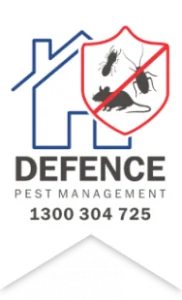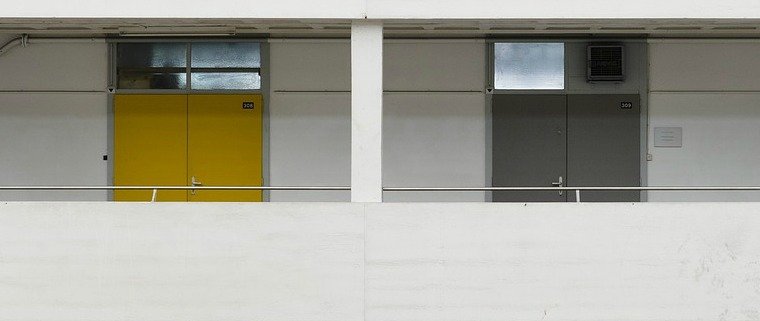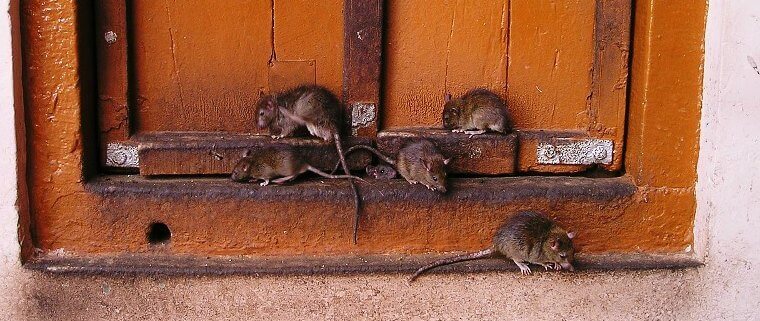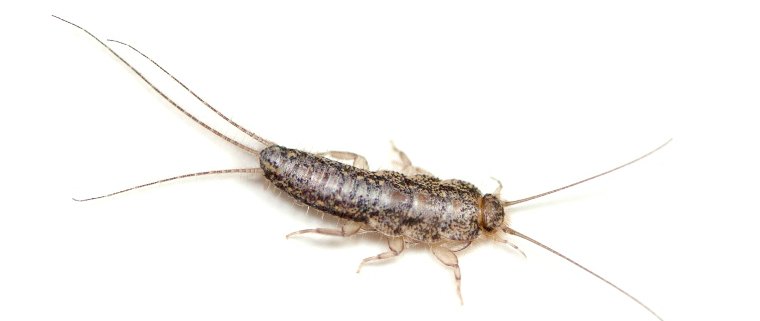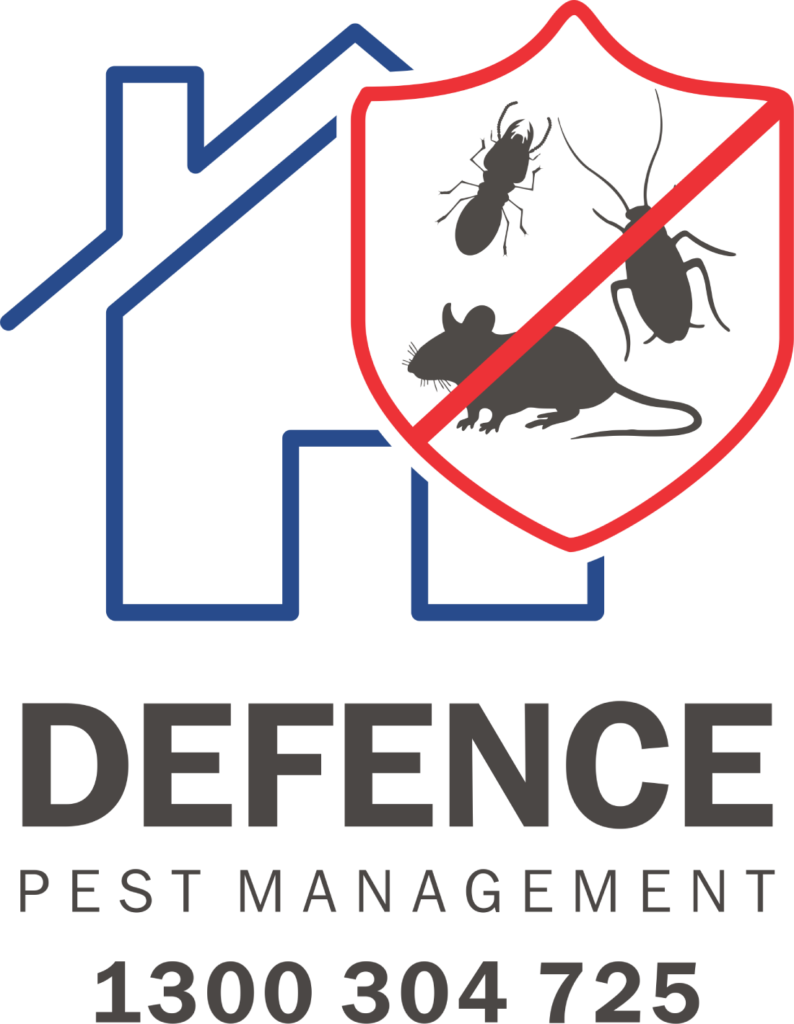When it comes to rentals, the responsibility of maintaining a property’s pest control is often a concern for both landlords and tenants. Both parties should understand their responsibilities as pest control is a significant step in ensuring the sanitation of a dwelling.
The rules with regard to pest control in rental properties may vary among territories, so it is always important to review the laws in your local state and pay attention to the details of your tenancy agreement before sealing the contract.
In Queensland, ensuring a property is safe and fit for habitation prior to the tenancy is generally the landlord’s responsibility. During the period of tenancy, however, both the landlord and tenant can be responsible for a dwelling’s pest control maintenance, depending on the circumstances and scope of terms.
When Is the Landlord Responsible?
Prior to tenancy
Before a tenant moves in, the landlord should take all appropriate measures to make sure that the property is well-maintained and suitable for healthy habitation. This means the owner is responsible for pest inspection, as well as pest control and treatment, if necessary.
For termite control and maintenance of timber
In Australia, the maintenance of timber (as part of the structure) needs to be shouldered by the property owner and cannot be passed on to the tenant. It also follows that termite control is the responsibility of the landlord.
When pest infestation occurs during the first month of tenancy
In most cases, landlords will be required to cover the expenses of pest control if infestations in the property are discovered during the first month of tenancy. However, this may vary according to the regulating policies and tenancy agreement.
When plagues affect the local area
In situations where pests are plaguing the area where the property is located, which increases the possibilities of infestation, the landlord must initiate a pest inspection and will be responsible for pest treatment and management.
When is the Tenant Responsible?
If they have attracted pests or have caused the infestation
For tenants who own pets, which can attract fleas and ticks, they will need to take the responsibility of ensuring that there is no flea infestation in the property.
In addition, if the infestation has resulted from the activities of the tenant, such as taking home infested furniture or similar items, then the tenant will shoulder the removal of pests.
If the tenancy agreement states that the tenant will be responsible for pest control
The tenancy agreement will state the specific accountabilities of landlords and tenants. There may be clauses that will stipulate that the tenant will be responsible for pest control in certain circumstances. This is why it is important that the tenant reads and understands the lease terms before signing the contract.
Ensuring a Pest-Free Rental Property
For landlords, regular pest inspections are necessary for protecting your investment. At Defence Pest Management, we provide annual building inspections to help ensure that no pests are lurking in your property and that you can get the most out of your rental properties.
Tenants can also take advantage of our pest inspection services at Defence Pest Management whenever the need arises, such as when you come across minor sightings of cockroaches and other insects that can affect your day-to-day activities.
